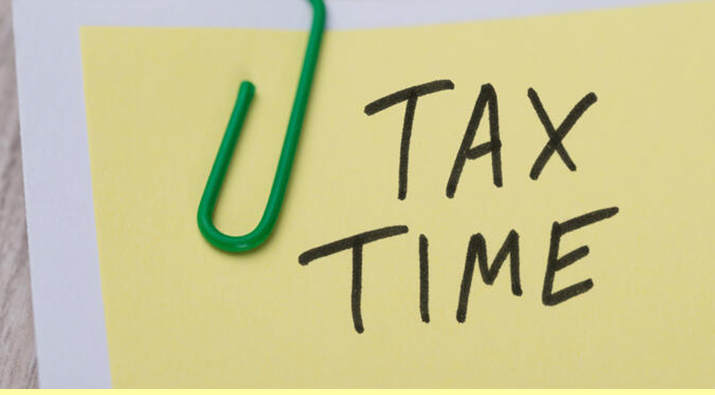How will COVID-19 affect how states approach sales tax enforcement?
With the economic slowdown associated with COVID-19, state and local tax revenues are expected to decline significantly. This puts states in a position where they will seek to replace lost revenue, in part, with enhanced collection activities. Property tax revenues will be rather stable, but income tax and sales tax revenues are poised to take a huge hit. Due to the unstable economic conditions, it makes the most sense for a state to attempt to collect funds from businesses located outside the state. This allows the state to enhance its revenue without placing that burden on local businesses. The state can choose to increase its revenue by focusing on income tax or sales tax. If the states focus on income tax, they will have to compete with other states for a piece of what will likely be a much smaller pie. This leads KRD and the sources it follows to a strong consensus that states will be stepping up sales tax enforcement and become more aggressive in identifying sellers who have economic nexus within their state under the new Wayfair-based rules.
Our analysis indicates that the greatest increase in enforcement is most likely to be found in the 12 states that rely on sales taxes for 1/3 or more of their revenue. These states include WA, TN, AZ, LA, TX, and FL. KRD clients should be aware of the amount of sales into these states as well as those into IN (28% of state revenue) and MO (26%). We expect to see the increased enforcement by the end of the year, provided there is not another shutdown in the fall.
You might wonder how the sales tax authority would identify out of state sellers to audit. The state departments of revenue will use information gathered from the use tax part of in-state audits. If they see an out-of-state vendor show up frequently in audits, they will use a model to determine how likely it is the vendor exceeds the revenue threshold for collecting sales tax and decide whether or not to audit them. Importantly, just because you sell only to individuals, you are not immune to being caught this way. Auditors have access to all company data. If you sell to an individual who owns a small business and that purchase is paid for by a company card, or a personal card the individual also uses to pay for business items, this information will likely be in the auditor’s files, creating exposure for you.
KRD encourages you to review your sales by state to identify whether you have exposure in states other than where you already have established nexus.



